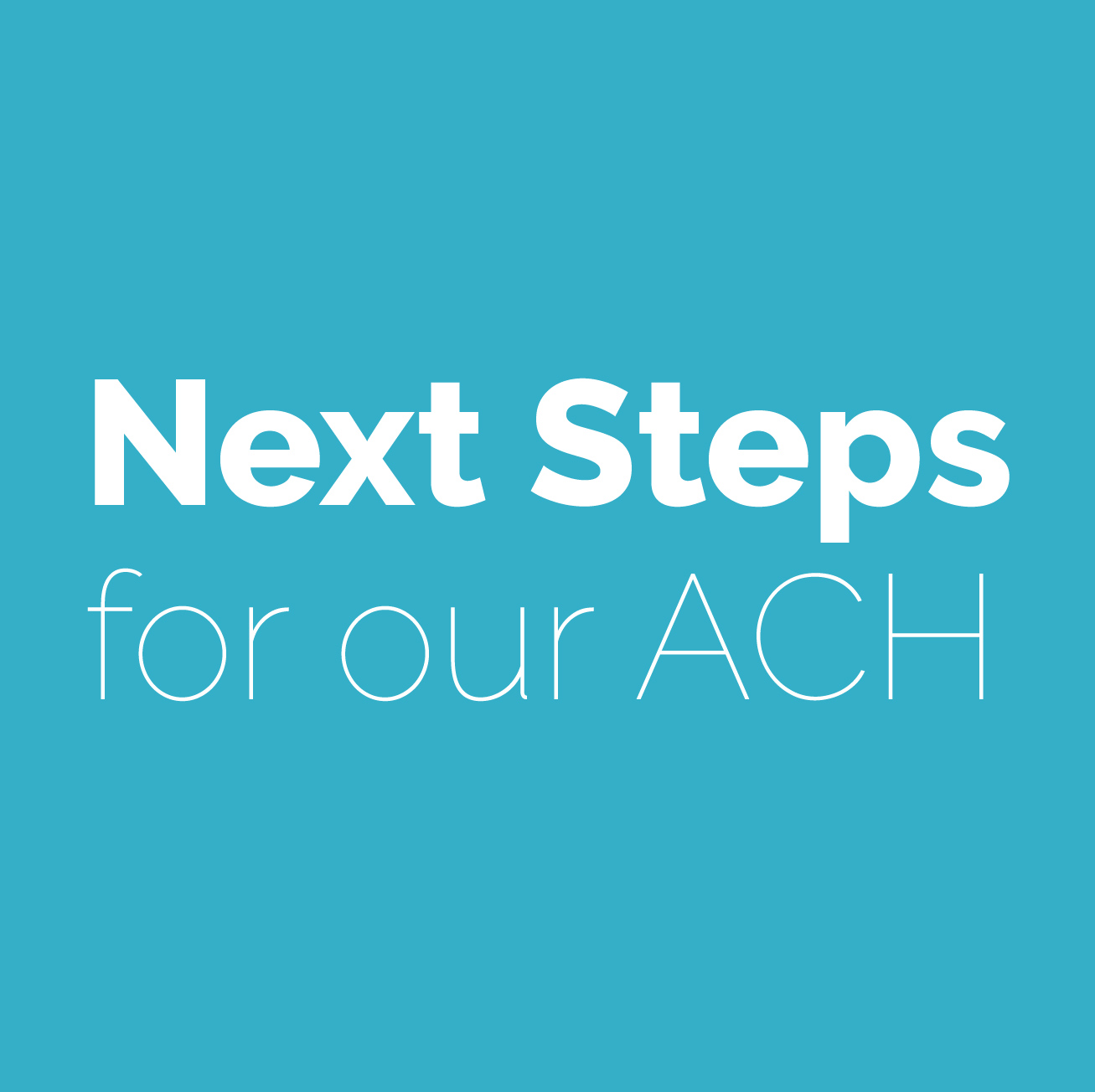Measuring Health Care Performance in the Better Health Together Region
/High-value care is high quality care, with a good patient experience and at a fair cost. Unfortunately, the quality of care patients receive varies among counties, medical groups, clinics and even within medical groups and clinics. Unwarranted variation, without a clear connection to how sick patients are, can be a signal of poor quality, or at the very least an opportunity for improvement. In a highly functioning health care delivery system, everyone would receive a similar high level of evidence-based care for the same condition. However, we know this is not the case in Washington and elsewhere around the country.
An important first step in reducing variation is measuring it and broadly sharing results to develop a common understanding of what needs to improve and where it needs to improve.
The Washington State Common Measure Set for Health Care Quality and Cost, implemented for the first time in 2015, is a “starter set” of 52 measures that enables a common way of tracking important elements of health and health care performance. These results are published on the Washington Health Alliance’s Community Checkup website.
Policymakers and health care leaders within Better Health Together can use the results from the Community Checkup to determine how well health care and community systems are performing. The results also can serve as a baseline for future reporting. Consumers within Better Health Together’s jurisdiction can look to results for medical groups, clinics and hospitals to help make informed decisions on selecting a primary care home as well as where to find high-quality hospital care.
Opportunities for improvement
When looking at results from the Community Checkup, it’s important to look at not only the results for all of Better Health Together ACH, but also at the county level, as well as the amount of variation among provider organizations within the ACH. We’ve called out some results to show where variation is especially pronounced. To compare full scores, please visit wacommunitycheckup.org.
ACH-level results
On many of the measures reported in the Community Checkup, the Better Health Together community is performing at the state average. However, when possible, we compare rates to national 90th percentile benchmarks. When we compare against these goals, there is significant opportunity for improvement across several measures, such as Avoidance of antibiotic treatment in adults with acute bronchitis (Better Health Together commercial rate = 28% compared to NCQA national 90th percentile rate = 38%).
On a few measures (for example, Well-child visits between ages three and six), we saw pronounced disparities between Medicaid and commercial enrollees. Across all payers, the Better Health Together community can improve appropriate testing for children with pharyngitis before dispensing an antibiotic for strep. This is particularly important as antibiotic overuse plays a role in the rise of antibiotic-resistant bacteria.
County-level results
If variation can be a signal of poor quality, then looking at variation within the ACH will reveal opportunities for quality improvement. We looked within the Better Health Together area to see where there was the most variation in performance. When looking at combined commercial and Medicaid enrollee data, we see the most variation among counties on the following measures:
- Almost all of the health screenings measures
- Immunizations measures. (In particular, the childhood and adolescent immunization measures, meaning more work needs to be done to make sure children and adolescents are getting their recommended vaccines.)
- Adherence for diabetes medications
- Hospitalization for COPD or asthma
We saw the most variation among medical groups on the following measures:
- Diabetes measures
- Health screenings, in particular breast cancer and colon cancer screenings
Spotlight on Spokane
Overall, Spokane County rates average (results are not significantly above or below the Washington state rate) on most of the measures reported in the Community Checkup. Spokane County is serving residents with commercial insurance pretty well. The county ranks average on most measures, and better than average on many, including health screenings, most generics prescribing measures and medication adherence. The county has room to improve in how it serves Medicaid patients. For example, we see worse than state average results for many of the measures for Medicaid enrollees, including potentially avoidable ER visits.
Successes to celebrate
As the highlighted results reveal, there are many areas where targeted efforts to improve how care is delivered to residents within the Better Health Together jurisdiction. But there are also many successes to celebrate (and replicate!).
For example, the Better Health Together community overall is exceeding national benchmarks on screening for cervical cancer among Medicaid enrollees. However, as stated above, it’s important to look at variation within Better Health Together to see how all organizations and regions could be lifted up to this higher standard. As regional conveners of key stakeholders that influence local health and health care, ACHs like Better Health Together are well-positioned to prioritize and take action on these findings.























